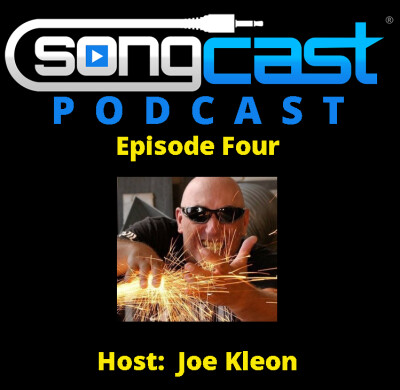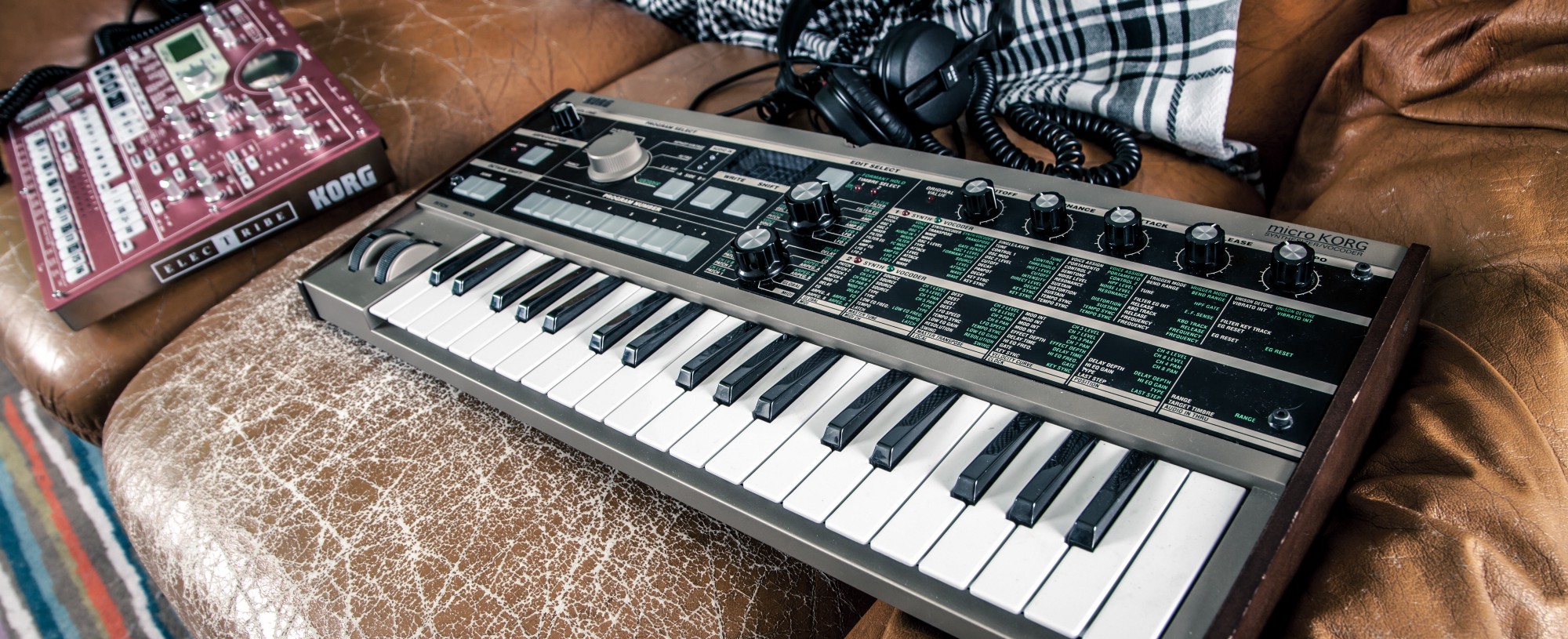Gear is the albatross hung around a musician’s neck.
— @borisbengin
So tweeted my friend Boris a couple of weeks ago, not knowing that I was working on this article. “Gearhead versus Minimalist” struck me as another aspect of the issue I presented in “Do you find a sound or make one?” The issue being: how much of this stuff do you lug around to make music? In my mind there is a simple answer to this question: you lug around just enough.
Boris and I chatted later that night about being a minimalist and musician. We didn’t come to an accord on what is just enough. He said “it depends on the project.” He also pointed out that: “The pursuit of simpler and minimalist can be ironically expensive.” When we brought up a friend of ours who is a notorious gearhead, Boris offered the sage observation that when he listens to that friend’s records, “it sounds so good because of the multiple amps and stuff.”
I added that the musicians’ taste is a huge part of that. “The more gear you have,” I said, “The better you have to be at picking out the great from the noisy.”
Boris and I are both minimalists and what makes conversations like this one so fun for us is that we pursue it in different ways. Neither of us fits into a neat category of minimalist. Nonetheless, I see several points on a scale teetering towards gearheadedness.
The Minimalist
The true minimalist probably has one piece of gear. It’s a ukulele or a keyboard or a Kaossilator. It’s the one instrument that gets everything done.
The Futurist
A step away from the minimalist is the futurist. Amps and pedals are yesterday when you can feasibly contain an arsenal of effects and emulators on your tablet or phone. The Futurist saves space but doesn’t always remain minimal. A slim tablet full of every digital sound you desire is going to lead right into the paradox of choice: which of my thousands of tones for this song?
The Purist
A step to the other side of minimalism is the purist who is drawn to the analog and physical. There is something minimal not wanting to fool with technology. The Purist might bring a few pedals to a gig but that’s actually easier than trying to do it all through a multi-effects or tablet.
The Pragmatist
Once you attach those pedals to a pedal board, you’ve headed down the path to gearheadom. The Pragmatist walks a tightrope between what they absolutely need on that pedal board for a show and what might just be fun.
The Maximalist
After you cross the pragmatic point, it’s a slippery slope to full-on, Maximalist. These musicians bring more to the show than they need. The excessive gear comforts them. There is always something else they can use to make noise.
It’s important to note: gearheads are not necessarily electric musicians and minimalists are not necessarily acoustic.
On a wonderful recent episode of Switched On Pop, host Nate Sloan tells the story of a two-man acoustic band’s tour of Scotland for which they brought: “two banjos, one guitar, a harmonium, an accordion, a shruti box, a musical saw, assorted bells, chimes, whirly tubes, kazoos, and Jew’s harps.”
On the other side of the spectrum, the metal genre known as “djent” has led some musicians to strip their guitars down to the bare basics: one string and one fret. Or to go without the guitar at all and just attach the string to a stick.
And while a one-string acoustic guitar seems like the ultimate minimalist statement, it can convey more energy than djent in the right environment.
Then there’s the maximalist approach that Paolo Angeli takes: adding every instrument he needs to his Sardinian acoustic guitar.
I don’t trust my own taste with an arsenal of gear. If I had access to that arsenal, I’d likely screw around with sounds all day and go back to a basic acoustic tone. I have a grudging admiration for the gearheads who can zero in on the right tone and know which exact gear will get them there.
At the end of the day, gear doesn’t really matter. A musician has to be able to make music. Part of that means making music when you don’t have all of your gear or the gear you prefer. Sometimes your iPad isn’t charged or something’s blown in your pedal board or you’re traveling and couldn’t pack everything. If you can’t make music with the minimum, you’re going to find yourself frustrated.
You’re going to start from the minimal side anyway. Few people jump into making music with thousands of dollars of gear. You have to learn to make music with as little as possible. Then you can start adding to it. That pursuit of a sound may lead you back to the minimal or it may cause you to max out the maximal. But the pursuit itself is what is pays off.
Deciding what gear you do and don’t need — that’s editing. That’s a skill that pays off in songwriting, playing, recording, and performing. Choosing your gear is just as valuable as choosing your words and your notes.












































Comments
No comment